Kenya
The Supreme Court on Monday explained why it dismissed two election petitions challenging the October 26 repeat election in East Africa’s biggest economy, Kenya.
The Supreme Court had on September 1 made a historic judgement when it annuled the outcome of Kenya’s presidential election that was held on August. It ordered a repeat election that was boycotted by the main opposition candidate Raila Odinga, won by the incumbent president Uhuru Kenyatta and challenged in court by activists.
According to the six judges, there were nine issues for consideration from the two consolidated petitions.
In a decision read by Justice Isaac Lenaola, the judges ruled as follows;
On the issue of whether the petitioners had the right to challenge the outcome and whether the case was a public interest litigation, court ruled that they had a right to sue, saying any Kenyan is free to challenge the presidential poll.
The court also ruled that there was no need for fresh nominations for the repeat presidential election after the first poll was voided.
On the issue of which candidates were eligible to contest,the judges said the IEBC was guided by a court order in including all the parties in the repeat poll. This effectively dealt with the issue raised concerning the late inclusion of a candidate, Cyrus Jirongo.
“We therefore find no fault on the part of the commission to include Mr Jirongo in the repeat poll because they were guided by the court,” he said.
Although the judges agreed that the public pronouncement by Nasa candidate Raila Odinga on his withdrawal from the race on September 10 and the letter written to the IEBC was substantive and legally effective, the move could not have led to the cancellation of the repeat poll.
They said the withdrawal of a candidate from the presidential election is not contemplated in the Constitution and the Elections Act.
Regulations 52, the court said, requires that a candidate who intends to withdraw must do so within three days of nominations by writing to the national returning officer.
They added that Regulations 52 was, however, not applicable in the current case because nominations had been conducted in May 2017 and the nominations were not among the issues that led to the nullification of the August 8 presidential poll.
When reading the judgment, Justice Smokin Wanjala said the validity of an election cannot be challenged on the basis of whether the election was held in all the 290 constituencies.
This was in response to the question on whether failure to hold elections in all constituencies would void the poll.
The judges said they were not intimidated by President Uhuru Kenyatta’s statements that were made after they annulled the August 8 election.
The court also dismissed the claim that the Jubilee Women’s Brigade intimidated people by wearing military-style clothes during campaigns.
On claims of irregularities, Justice JB Ojwang said the petitioners made general allegations without proving the claims.
He said the IEBC cannot be faulted for shifting some polling stations in Kibra and Mombasa because, as they noted, there was violence in some parts of the country that made it impossible to hold the poll in some areas.
‘All claims of irregularities have been effectively rebutted by the respondents’, the judge said.



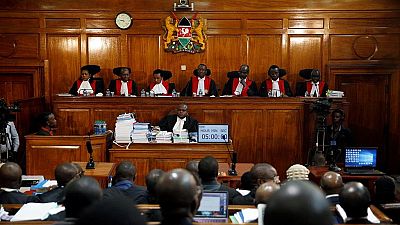

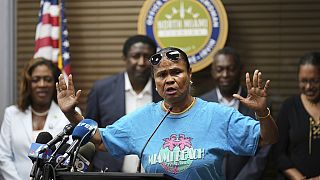

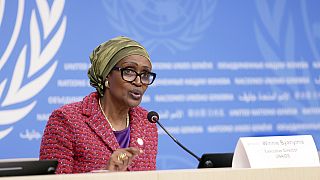

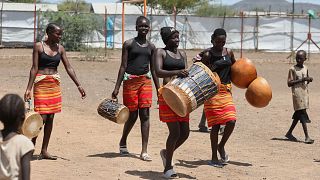
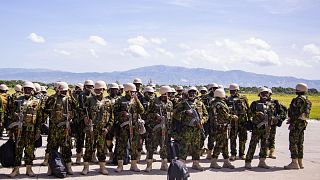


Go to video
Protesters gather in Ivory Coast, demand Thiam's return on electoral list
01:00
Ivory Coast: opposition candidates barred from electoral lists
Go to video
Ugandan lawmakers bring back military courts' ability to try civilians
Go to video
Chad detains former prime minister Masra after deadly clashes
Go to video
Ivory Coast: Tidjane Thiam quits as opposition party leader
Go to video
African Union ends Gabon suspension after Oligui election